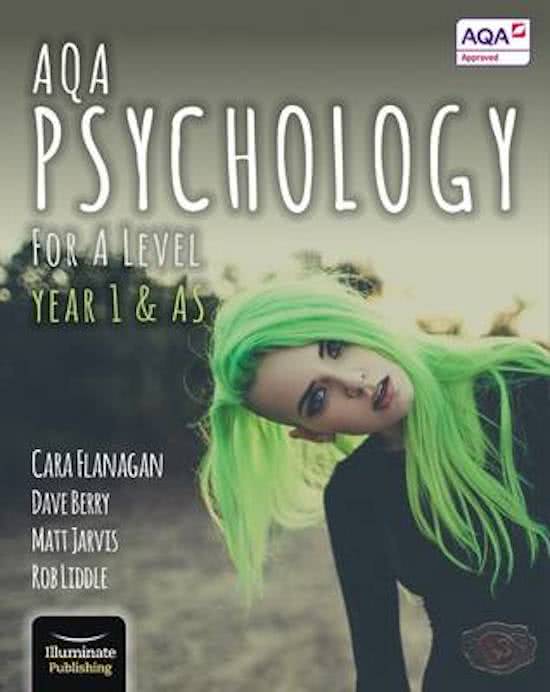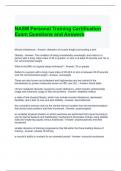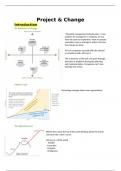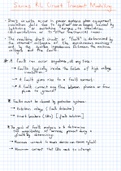Summary
Summary FACTORS AFFECTING THE ACCURACY OF EYEWITNESS TESTIMONY- MISLEADING INFORMATION
Comprehensive study notes on AQA Psychology topic of Memory. Can easily be turned into flashcards for effective revision. Includes practice questions at the end of the document.
[Show more]







